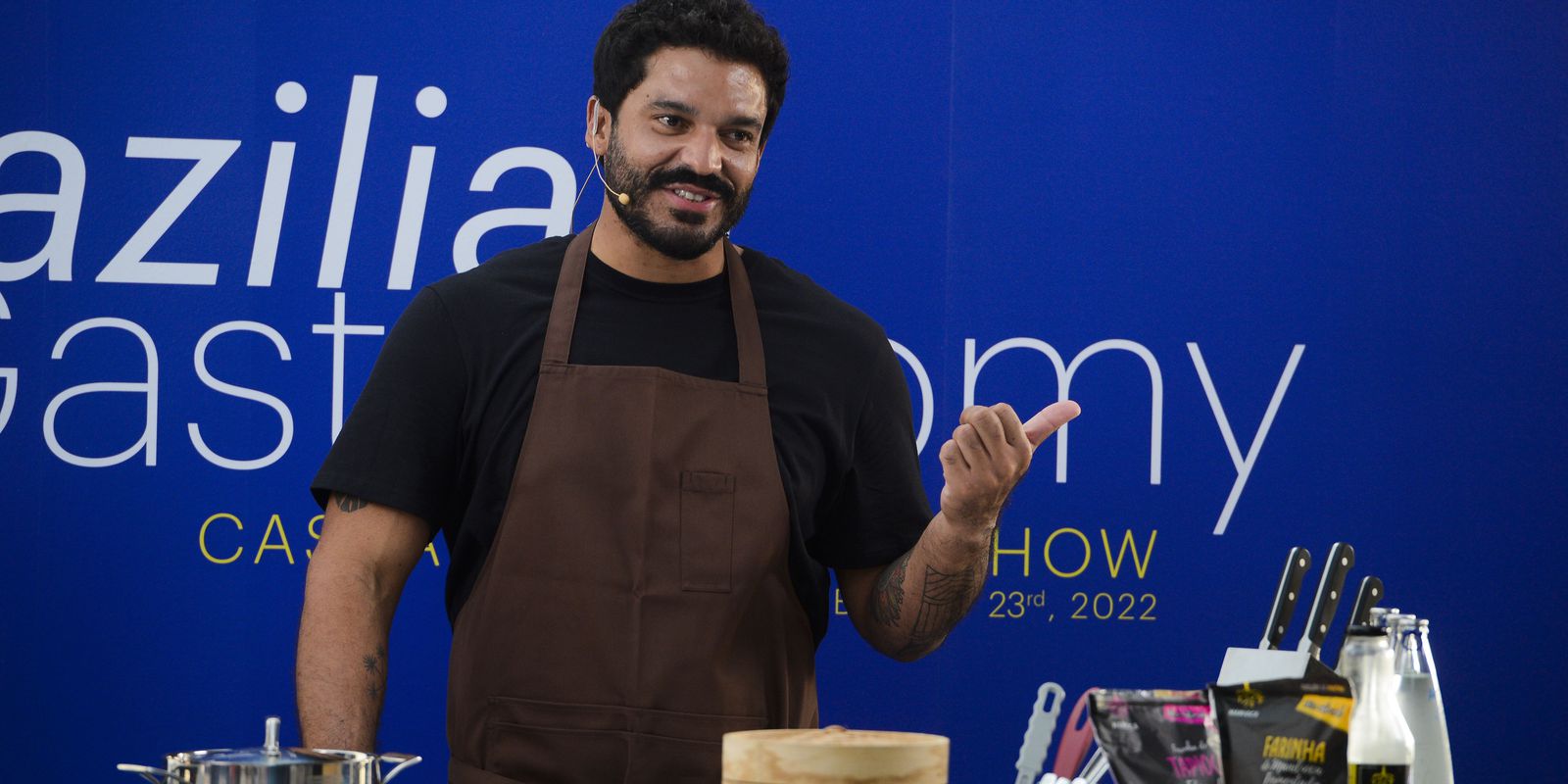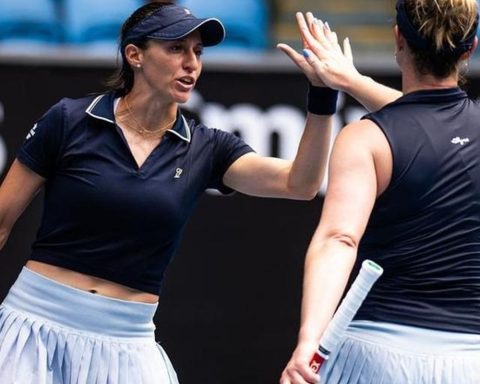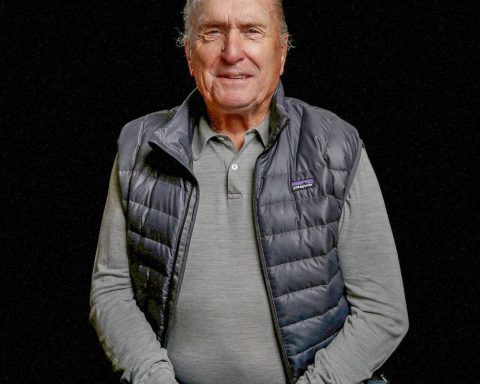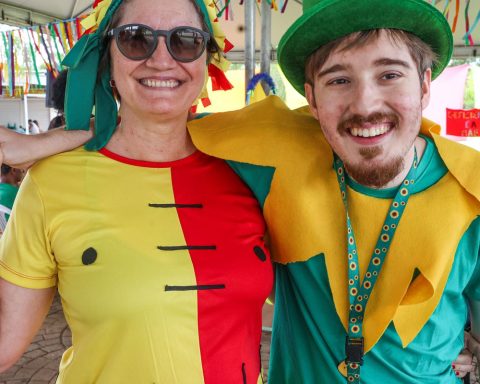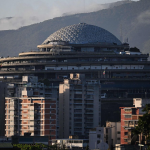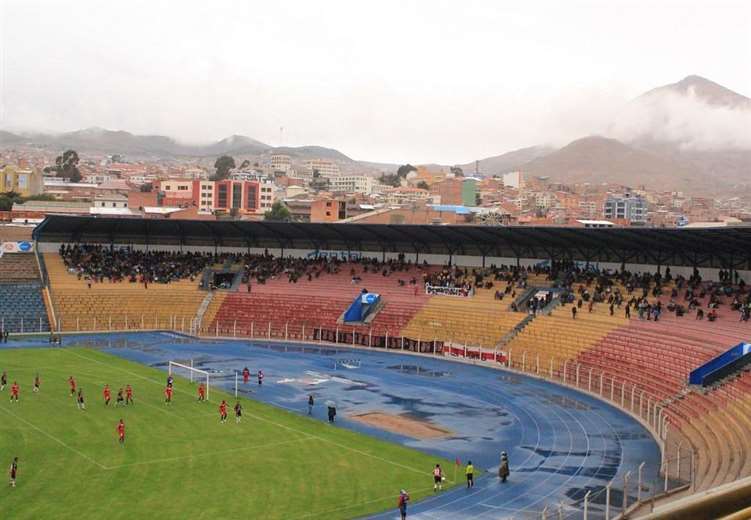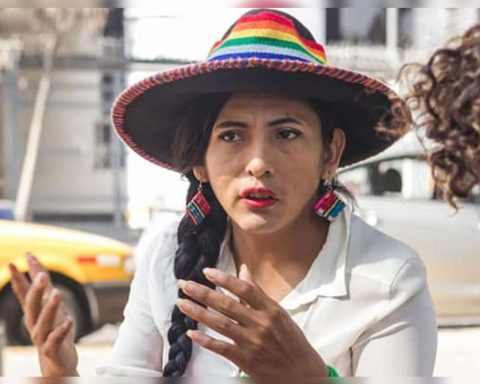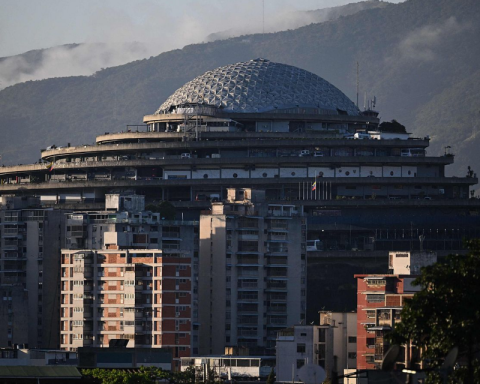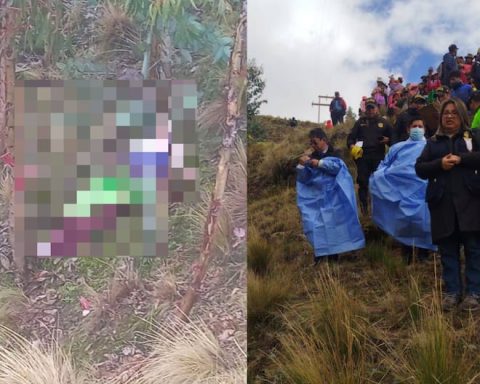Açaí, cassava, cupuaçu, chestnut, cocoa and arapaima. Typically Brazilian ingredients were successful among the international chefs who participated in the cooking show, in Dubai, United Arab Emirates. The event had the presence, last Wednesday (23), of the star chef from Pará Thiago Castanho at the Brazil Pavilion at Expo, whose main organizer is the Brazilian Trade and Investment Promotion Agency (ApexBrasil).
Canadian chef Philippe Cameron participated in most Brazilian events and loved everything he tasted. “I thought it was amazing and diverse. With different biomes, different foods. I learned so much about the different regions and what there is to offer in Brazil, it’s all fresh and varied,” he said. According to the organizers of the event, 70% of the visitors, in general, are from other nationalities.
In addition to Cameron, among the audience were several experts on the subject. “We called all representatives of the Horeca sector, which is hotels, restaurants, caterings, because we want them to incorporate Brazilian ingredients into their recipes. In addition to influencers and journalists from here (Dubai) so that they can also promote Brazilian gastronomy and products,” said Luciana Furtado, business analyst at Apex.
In the fifth edition of cooking show at the Expo, the food promoted was manioc, with recipes by chef Thiago Castanho. “We already knew that cassava was the backbone of Brazilian gastronomy when it came to the internationalization of gastronomy. Hence we decided, in the context of the Amazon, to bring cassava with the chief who is notably known as one of the main ones in the Amazon. He (Thiago Castanho) makes a starter, with main course and dessert using cassava”, explains Rafaela Albuquerque, agribusiness analyst at Apex.
For Thiago Castanho, in addition to promoting the ingredients, it is necessary to show the national culture and the basis of this production. “How do Brazilians consume? Who produces? How do the people who are there at the base making the flour or chestnuts live? Cultural food. What moves Brazil is not a big industry, it’s small families that pass their income from generation to generation. It’s not giant farms that do that,” he explained.
Apex’s gastronomy project includes a set of structured actions to support Brazil’s image in this sector. Despite having the Expo as its main platform, the objective is to promote the event in other international fairs.
* Reporter Fernanda Cruz and photographer Tomaz Silva traveled at the invitation of Apex-Brasil
